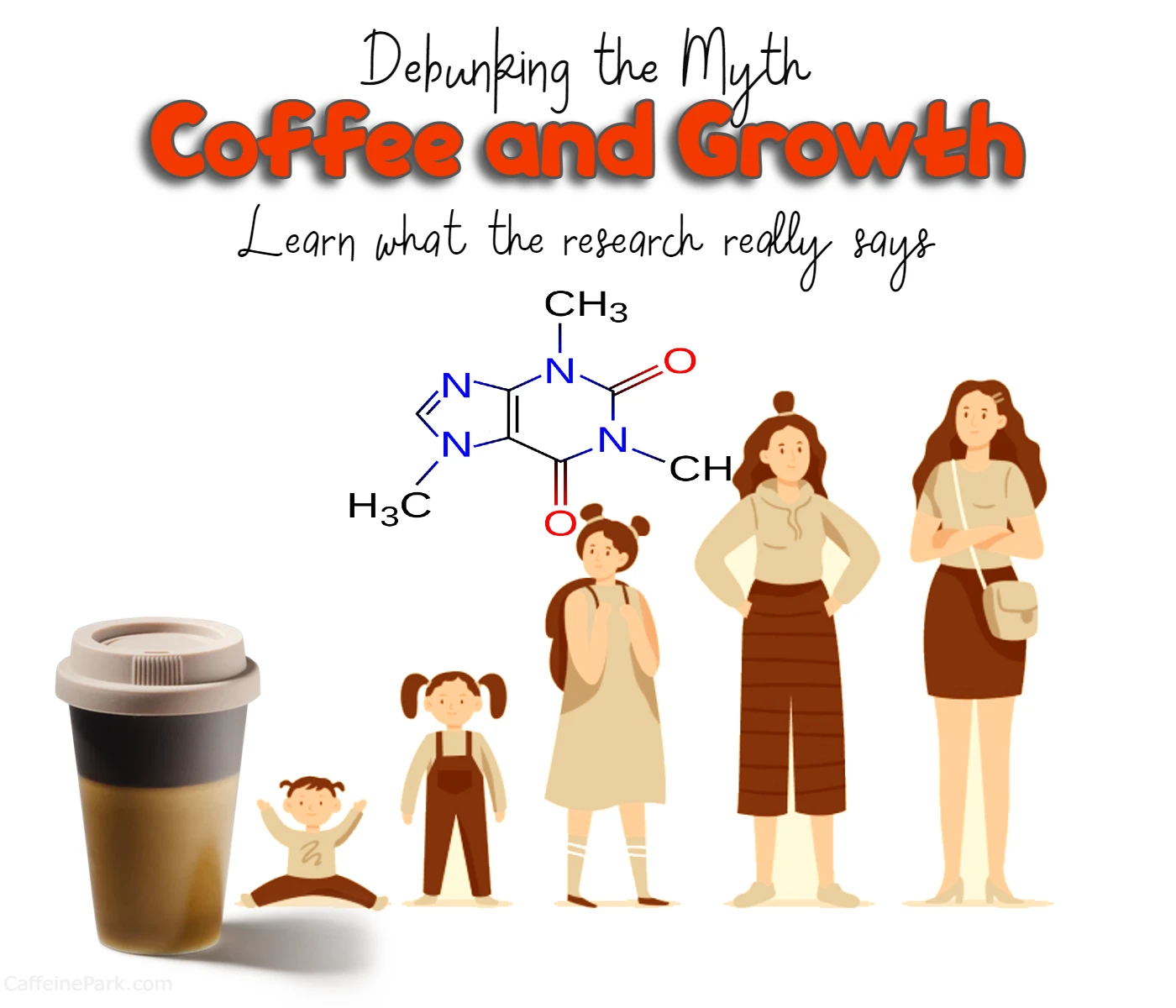
Hey there! Are you someone who enjoys a nice cup of coffee in the morning to get your day started? Or perhaps you prefer a refreshing cup of green tea instead? Whatever your beverage of choice, you might be surprised to learn that it can actually help enhance your meditation practice. That’s right, caffeine and meditation can be a perfect combination for some people!
I know, it might seem counterintuitive. After all, meditation is all about calming the mind and finding inner peace, while caffeine is a stimulant that can make you feel jittery and anxious. But hear me out! When used in moderation, caffeine can actually help improve mental focus and put you in a good mood, which is essential for a successful meditation session.
In this blog, I’ll be discussing the benefits of combining caffeine and meditation, as well as sharing some tips on how to integrate these practices into your daily routine. Whether you’re a seasoned meditator or just starting out, there’s something here for everyone. So, grab a cup of your favorite caffeinated or decaf beverage and read on to learn more!
The Benefits of Combining Caffeine and Meditation
- Mental Focus: It might seem like caffeine, being a stimulant, would be a bad combination with meditation, which requires calmness. However, for some people, caffeine can actually increase mental focus, which is essential for calming the mind and slowing down the stream of thoughts during meditation. In fact, after having caffeine, some people find that they’re able to sit for longer periods of time and keep their minds more focused and quiet.
- Improved Mood: The caffeine in coffee is a natural “feel good” drug that can stimulate the release of dopamine, leading to an elevation in positive feelings. This can be helpful during meditation, as it can help put you in a good mood and make your session more enjoyable. If you’re someone who typically feels groggy or tired in the morning, having a cup of coffee before meditating may help you feel more energized and alert.
- Creating a Habit: One of the biggest challenges with starting a meditation practice is finding the time and motivation to do it consistently. However, if you already have a strong habit of drinking coffee or tea in the morning, you can use that as a trigger to start your meditation practice. For example, after finishing your morning beverage, you can sit quietly for a few minutes and meditate. Over time, this can become a regular habit that feels natural and easy to maintain.
Tips for Combining Caffeine and Meditation
- Experiment: It’s important to remember that caffeine affects everyone differently, so it’s important to experiment and see what works for you. Some people may find that caffeine helps them focus and feel more alert during meditation, while others may find that it makes them feel jittery or anxious. If you’re not sure how caffeine affects you, try experimenting with different types of beverages and different amounts of caffeine to see what works best for you.
- Moderation is Key: While caffeine can have some benefits when combined with meditation, it’s important to remember that moderation is key. Too much caffeine can lead to negative effects on the body and mind, such as increased heart rate, anxiety, and restlessness. It’s generally recommended to limit caffeine intake to no more than 400 mg per day (equivalent to about 4 cups of coffee).
- Practice Mindfulness: When combining caffeine and meditation, it’s important to practice mindfulness and be present in the moment. Don’t rush through your morning beverage just so you can start meditating – take the time to savor and enjoy it. Similarly, when meditating, try to focus on the present moment and be fully present in your practice, rather than getting caught up in thoughts about your caffeine intake or other distractions.
Alternative Caffeine Sources
While coffee and tea are the most popular sources of caffeine, there are other options available if you prefer something different. For example, some people find that green tea is a great alternative to coffee, as it contains a moderate amount of caffeine along with other beneficial compounds like antioxidants. Other options include yerba mate, matcha, and even dark chocolate (in moderation).
Final Thoughts
While combining caffeine and meditation may not be the right approach for everyone, it’s worth experimenting with if you’re looking to enhance your meditation practice. By using your morning beverage as a trigger for meditation, you may find that it becomes easier to maintain a consistent practice over time. Just remember to practice moderation, be mindful of your body’s response to caffeine, and don’t rely solely on caffeine as a crutch for meditation.
In addition to the benefits I’ve mentioned, there are other ways you can make your meditation practice more enjoyable and effective. For example, consider finding a comfortable and quiet space where you can sit undisturbed for a few minutes each day. You might also experiment with different types of meditation, such as guided meditation, breathing exercises, or body scans. The key is to find a technique that resonates with you and stick with it.
Finally, don’t forget to be patient and kind to yourself as you embark on your meditation journey. It’s normal to experience some resistance or frustration in the beginning, but with practice and perseverance, you’ll find that it becomes easier and more natural over time. So, read on to learn more about the benefits of combining caffeine and meditation, and take the first step towards a more peaceful and centered life.
FAQs
Yes, it’s generally safe to combine caffeine and meditation. However, it’s important to be mindful of your body’s response to caffeine and not rely solely on it as a crutch for meditation.
This depends on your individual tolerance to caffeine. Some people find that a small amount of caffeine (such as a cup of tea or coffee) helps them focus during meditation, while others find that it makes them too jittery. It’s important to experiment and find what works best for you.
Absolutely! Caffeine is not necessary for meditation, and many people meditate without it. The most important thing is to find a meditation technique that resonates with you and make it a regular habit.
There are many ways to enhance your meditation practice, such as finding a comfortable and quiet space to meditate, trying different types of meditation techniques, and practicing regularly. You might also consider incorporating mindfulness into your daily activities, such as mindful eating or walking.
Read More:





